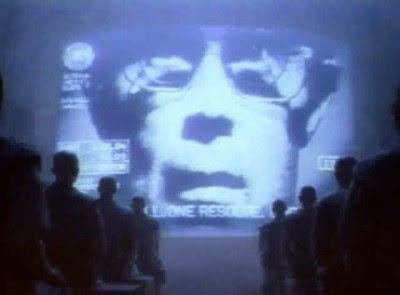My recent post: Can we Survive? is a draft for an item in a psychodrama publication. In that post I link Wisdom Councils and – Creative Insight Councils to the Sociometric methods of J.L. Moreno. The main idea is that there is a lager community and the small group resonates with the larger group in isomoprhic harmony, and can thus give back compelling insights and wisdom.
In this post I want to add a related idea.
From Dynamic Facilitation and the Wisdom Council theory I have got it clear that a small group can achieve something in addition to personal therapy for its members, and assist an organisation or community in developing its life, and in its decision making.
Jim Rough calls it “option creating”, I am not yet sure exactly what he means by this but it is not just a list of possibilities or wild ideas from a brainstorming session. The breakthrough in a group happens when there is an insight into a real option – something the whole group would like to see happen.
Such breakthroughs are possible over the longer time frame of a group, of diverse members, meeting for several days and sharing at a deep level. Traditional meetings can’t achieve this depth.
For a group to be of use to a larger community there needs to be a thorough warm-up before the event as to the purpose and context. While in psychodrama we are aware of the importance of the frame, I have not experienced a group in that tradition that has the focus of leading to outcomes for the whole community. In our organisations we tend to make decision in meetings, and while there is plenty of interaction and depth work, it is not specifically an clearly focussed on future actions. There may be specialist sub-committees, or work groups, but they tend to be by the people with special positions an ongoing positions within the organisation.
Imagine randomly selected diverse small group – from an organisation or community – doing depth work groups with the task of one or two of the following topics:
What is our strategic plan?
What is our vision?
Principles for the Constitution.
Who should be a member?
The group would present its findings to all members of the community or larger organisation and its governing in one a4 document, and 20 minute audio file at a special hui for the occasion.


